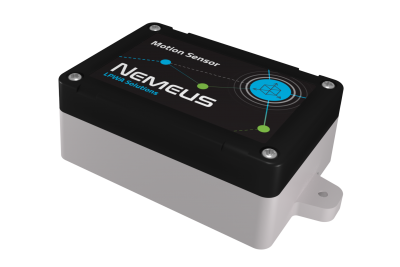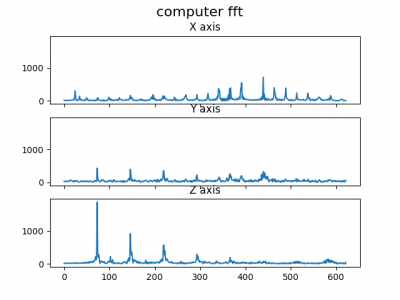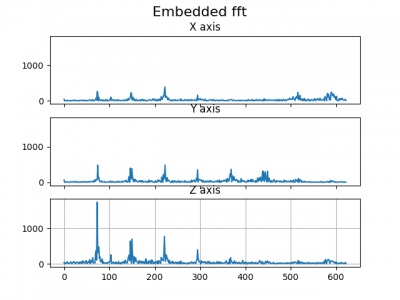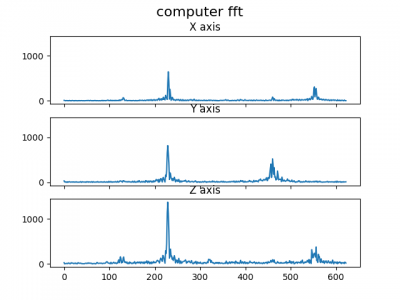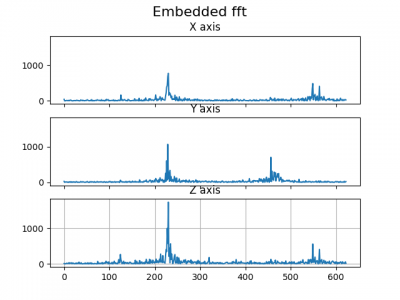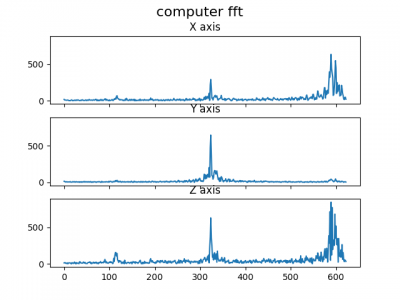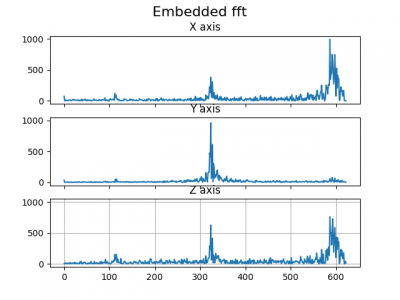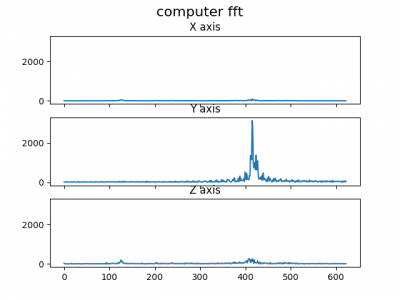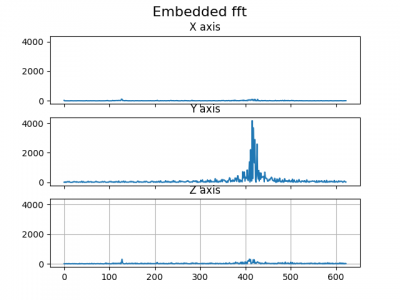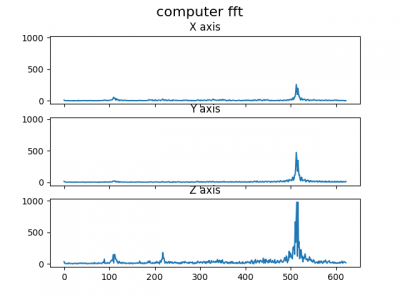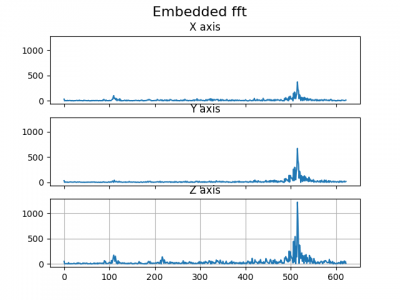Difference between revisions of "NIS-AX Motion Sensor"
From nemeuswiki
| Line 14: | Line 14: | ||
This sensor has full scales of ±2g/±4g/±8g/±16g and is capable of measuring accelerations with output data rates from 1 Hz to 5.3 kHz. | This sensor has full scales of ±2g/±4g/±8g/±16g and is capable of measuring accelerations with output data rates from 1 Hz to 5.3 kHz. | ||
| − | == Frequency response == | + | == Frequency response (mg/Hz) == |
=== Comparison for 80Hz vibration == | === Comparison for 80Hz vibration == | ||
Revision as of 17:48, 19 December 2017
1 General information
1.1 Overview
- LoRa™ WAN 1.0.2 EU Class A & C
- Activation by Personalization (ABP)
- Over-The-Air Activation (OTAA)
- SIGFOX™ ready
- Fully certified on major LoraWan & Sigfox networks
- Easy to use and deploy
- 3.6V / 2200mAh Primary battery Li-SOCl2 embedded
- Magnetic switch and LED to ease the installation
- RoHS conform / Pre-Certified ETSI EN 300-220 / RED compliance under certification
1.1.1 RF Performance
- TX Power 14 dBm (25 mW)
- RX Sensitivity -137 dBm
- Approx. 10 km range
- Integrated PCB antenna
1.1.2 Environment
- Operating temperature -40°C to +85°C
- Storage temperature 30°C recommended (to limit battery self-discharge)
- Rel. humidity 0% to 95% (not condensing)
1.1.3 Options
- External antenna
- SDK for your SW development purposes
- 10-30V external power supply
- Compatible with the NEMEUS PicoGateway for private networks
1.2 Installation
By using the internal antenna, the position of the sensor is critical.
Install your product as high as possible, and prefer unobstructed area (concrete and metal are the worst materials).
If you cannot fulfill these conditions, it is still possible to use an optional external antenna.
2 Mechanics
- Dimensions 60 x 95 x 85mm (109mm including fixing brackets)
- 96mm spacing between brackets
- IP 65
- Solid ABS & PC material
3 Accelerometer sensor properties
This sensor has full scales of ±2g/±4g/±8g/±16g and is capable of measuring accelerations with output data rates from 1 Hz to 5.3 kHz.
